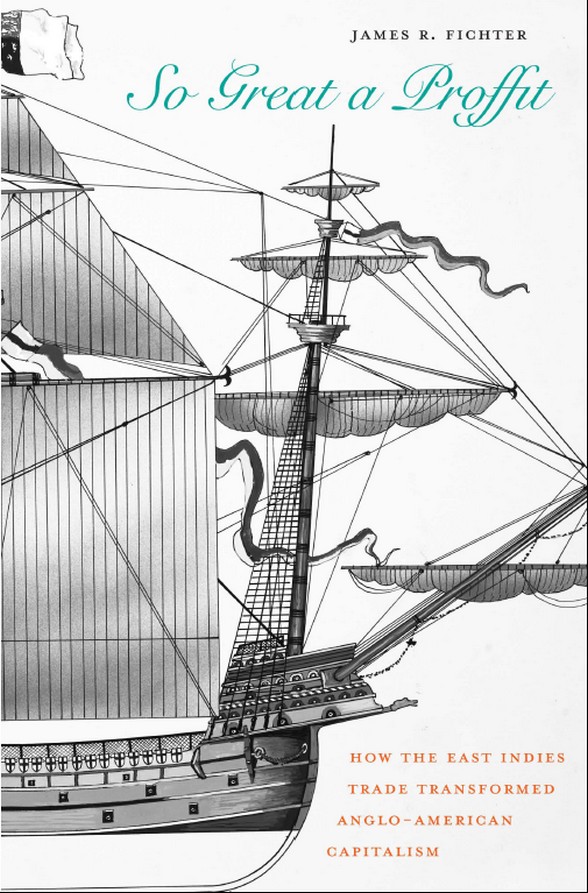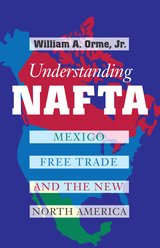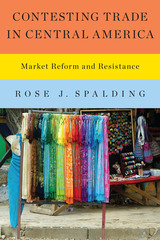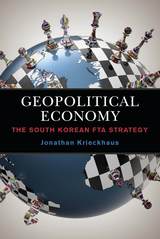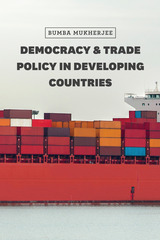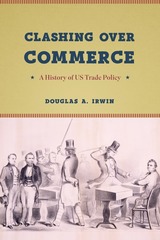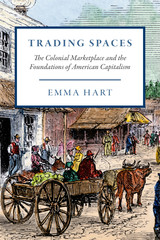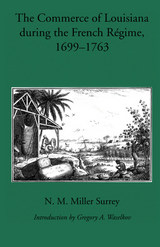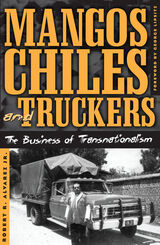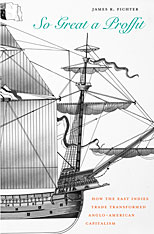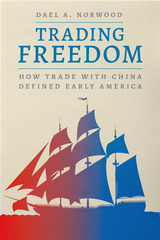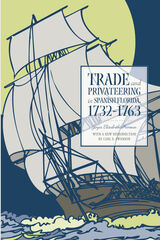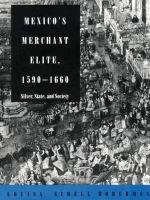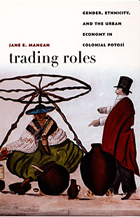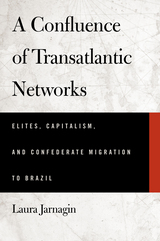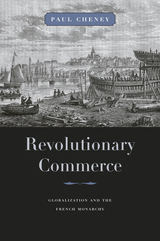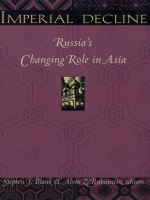Fichter offers a completely new view of the American contribution to Asian trade in a crucial period in global history. Operating in a totally different way from the East India companies, American traders created new networks and business organizations in the Pacific, forcing Britain to revoke the East India Company monopoly in order to save British trade interests. A well-written, innovative, and important book.
-- Leonard Blussé, author of Visible Cities
Casting his eye widely over early modern Anglo-American mercantile activity in North America, Europe, and Asia, Fichter has provided a rich and absorbing account of the East Indies trade in the Age of Revolution. His vivid, compelling analysis details the sometimes collaborative, oft-times competitive endeavors of traders and policymakers in two great empires, one established and one emerging. He consistently weaves in stories of the East India entrepreneurs, chronicling the ways in which their endeavors altered the structure of both the British and the American economies. Extraordinarily evidenced and extremely insightful, every page is readable. Fichter has given us a powerful and authoritative book of major importance to students of empire and business alike.
-- David Hancock, University of Michigan
Examining a set of economic relations that have seldom been given the attention they deserve, Fichter informs us about the important and far-ranging changes linking the expanding American trade with the East Indies, its impacts upon the British East India Company and the British Empire, movements in the international trade of East and South Asia, and the growth of merchant wealth and capital in the northeastern United States. This book tells a different story in a most thought-provoking manner.
-- Stanley L. Engerman, University of Rochester
This remarkable book shows the crucial role of American traders in global commerce during years of general war, and makes a bold revisionist argument for the role of the capital the merchants accumulated in the 'great divergence' between North Atlantic societies and the rest of the world. Based on wide research and full of lively writing about a remarkable variety of places and people, it will be read with profit and pleasure by all students of the origins of the modern world.
-- John E. Wills, Jr., University of Southern California
[A] wonderful and important book...Fichter tells a story of war, empire, trade, smuggling, capital accumulation, and enormous transformations in political economy between the last decade of the eighteenth century and the third decade of the nineteenth. And the main actors would be familiar to anyone interested in the Atlantic world of the time: Britain, France, Spain, the Netherlands, and the United States. But in Fichter's telling, their world is the Pacific and Indian Oceans; and if he is right, they may have played a far more significant role there than we have previously thought. Indeed, Fichter finds in the East India trade both the reconfiguring of British empire and an enormous stimulus to American economic development...Availing himself of several national archives, Fichter paints a rich and evocative portrait of the East India trade, from the outfitting of the ships and the financing of the voyages to the length of the journeys and the pulse of the markets. He skillfully demonstrates how the distinctive features of the trade--especially the centrality of silver as the medium of exchange until opium began to replace it--helped to restructure mercantile operations, and to give rise to a truly affluent class of merchants based in the American Northeast...The Pacific lay on the horizon of opportunity for Americans across the political spectrum, but its pursuit would nearly blow the country apart. James Fichter's excellent book helps us to understand the political and economic genealogies of this powerful vision, and how the Pacific world would come to rival, if not supersede, the Atlantic in American history.
-- Steven Hahn New Republic online
In this ambitious volume, Fichter opens a window on the relatively neglected subject of the early history of U.S. trade with Asia. Drawing on a diverse array of sources, Fichter traces the growth of US-Asian trade from American independence through the first decades of the 19th century and explores its consequences for the American and British economies. His account advances the argument that the growing US-Asian trade not only enriched American merchants and contributed to the economic development of the new nation but also contributed to the revocation of the British East India Company's trade monopoly and thus encouraged the emergence of Britain's free-trade empire. By exploring the connections among world history, U.S. history, and British imperial history, Fichter contributes to a richer understanding of the interconnected course of Anglo-American economic development in the wake of the American Revolution.
-- J. L. Rosenbloom Choice
